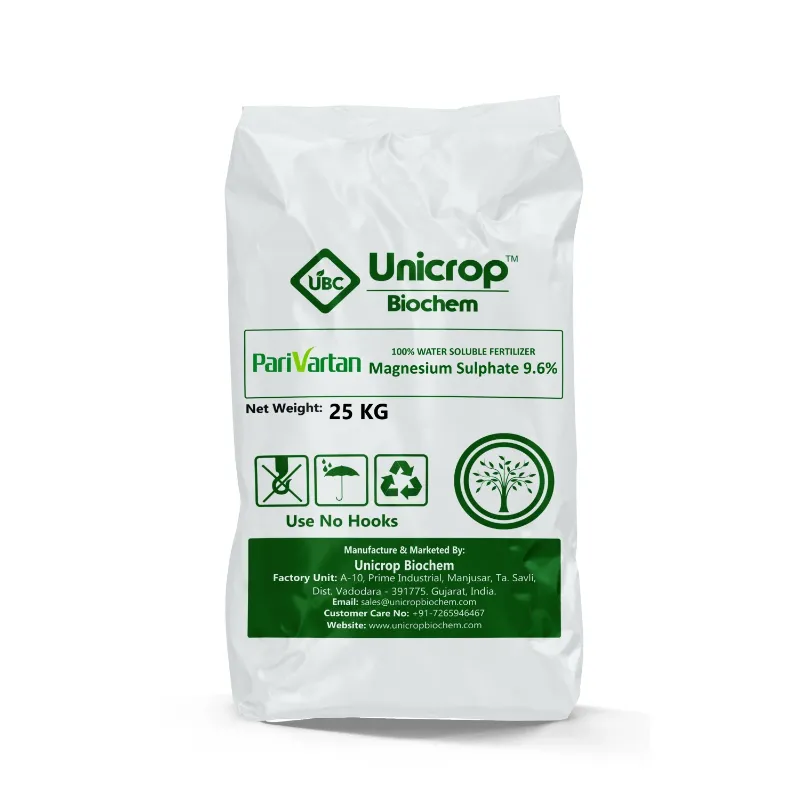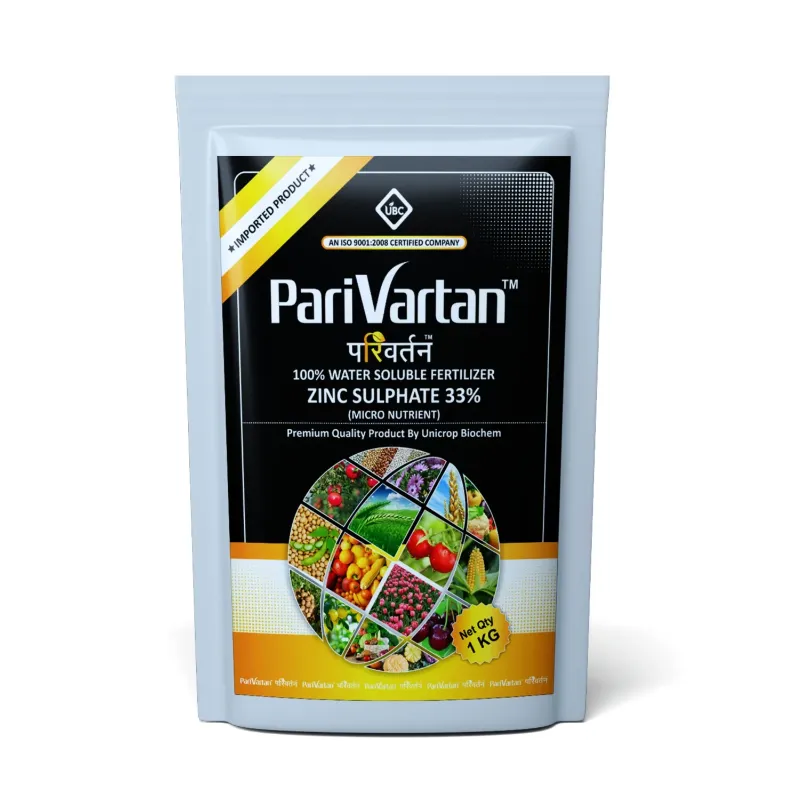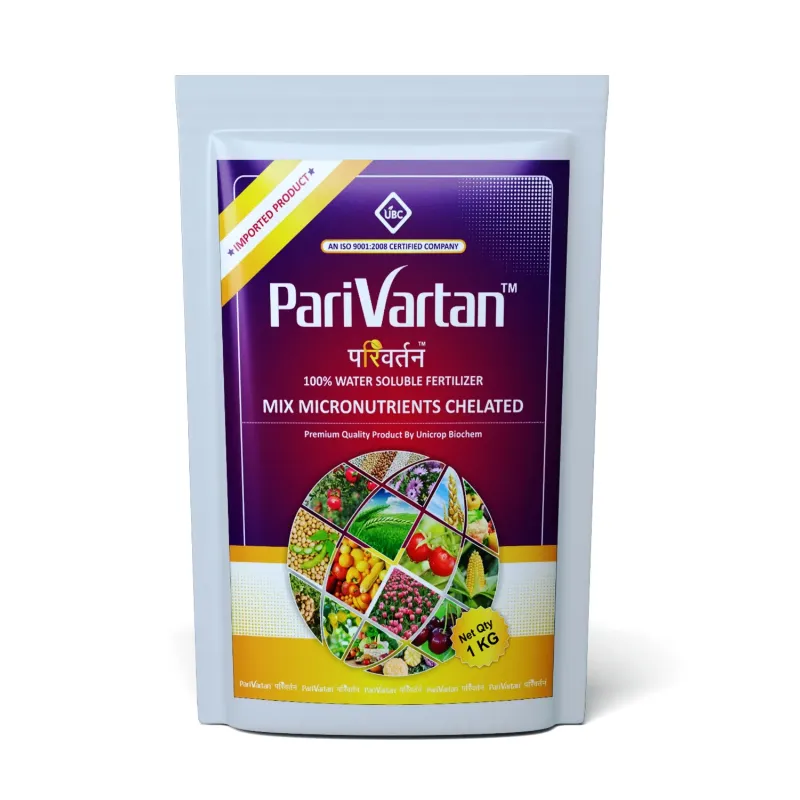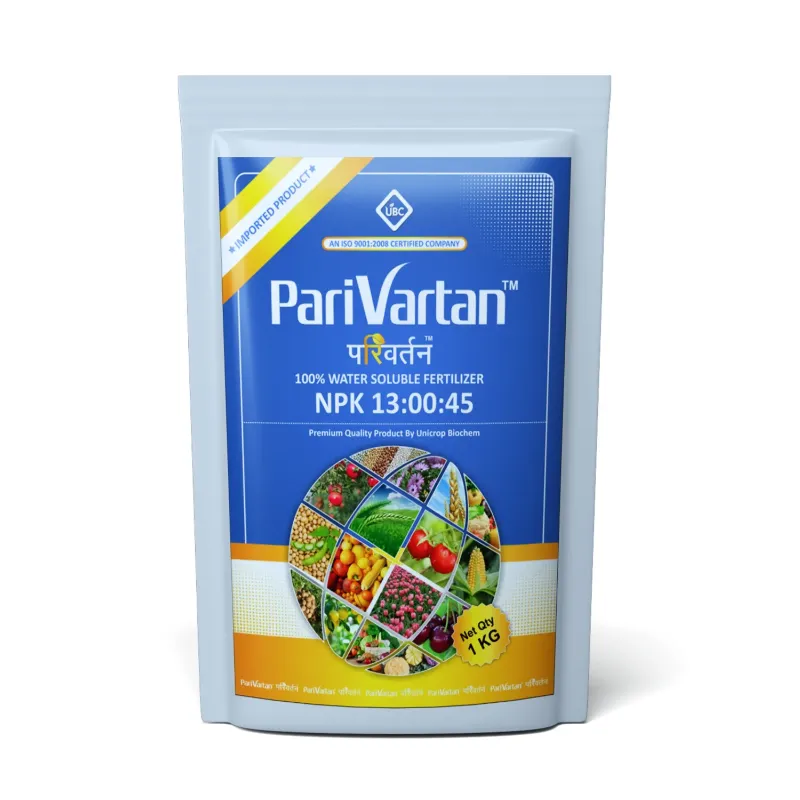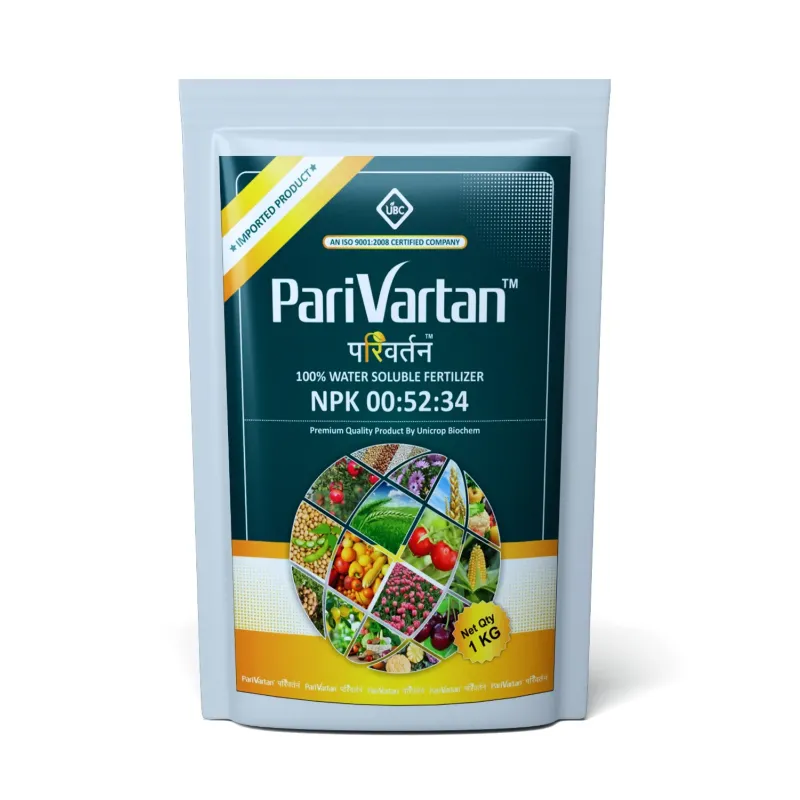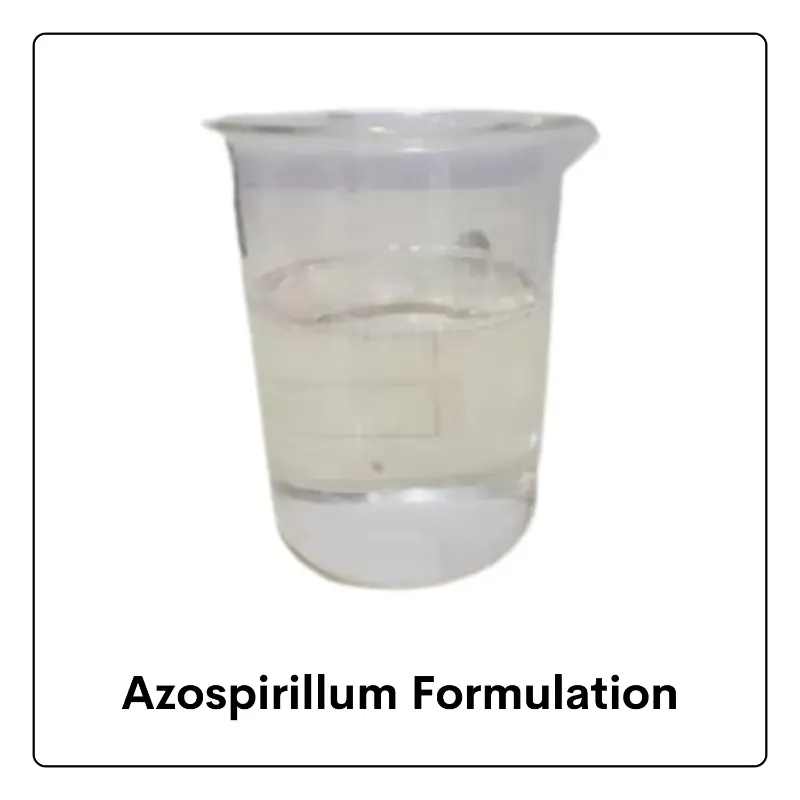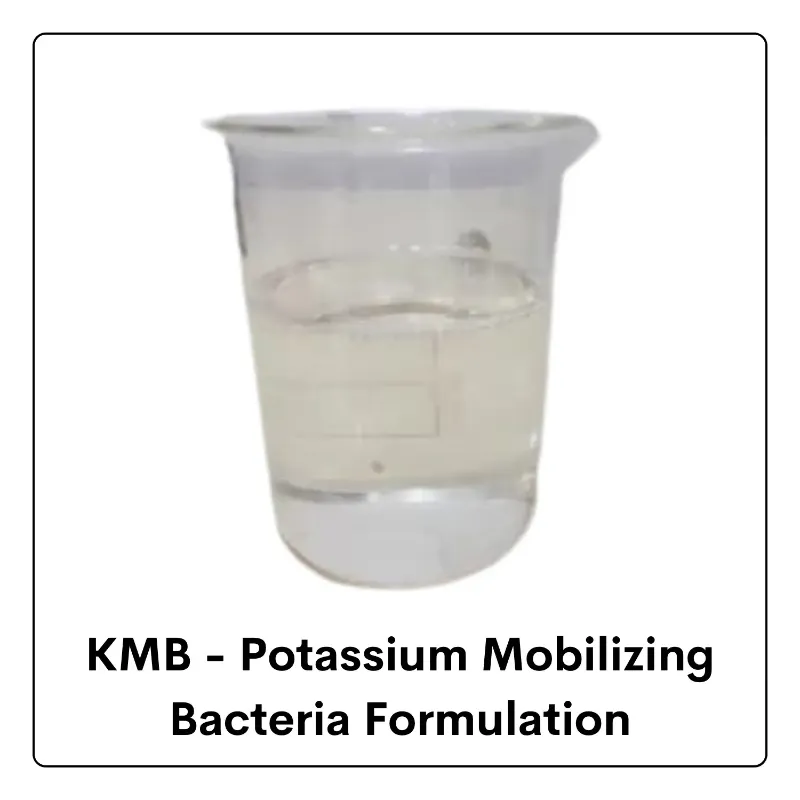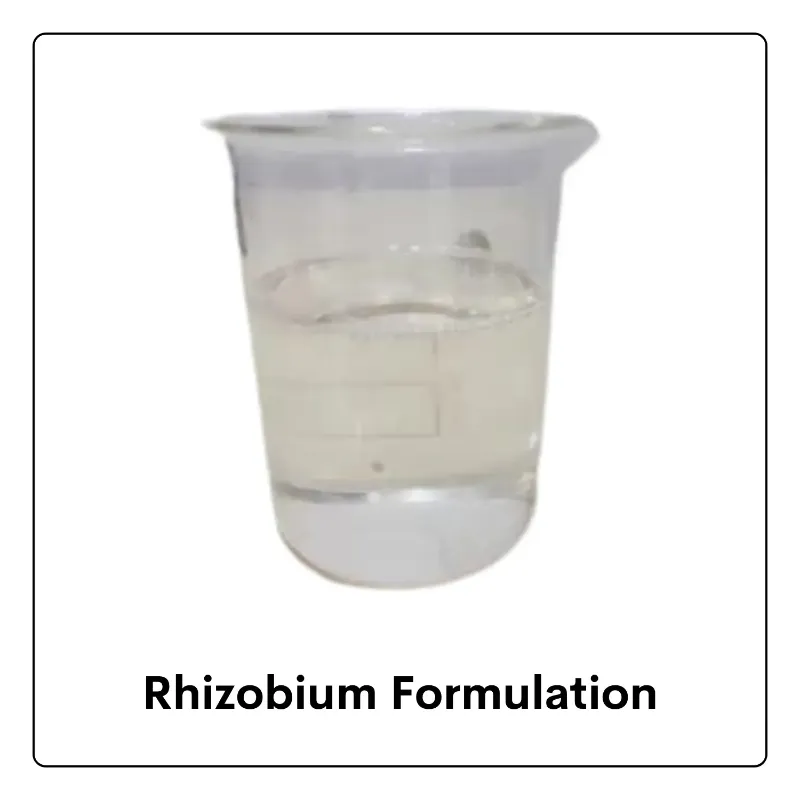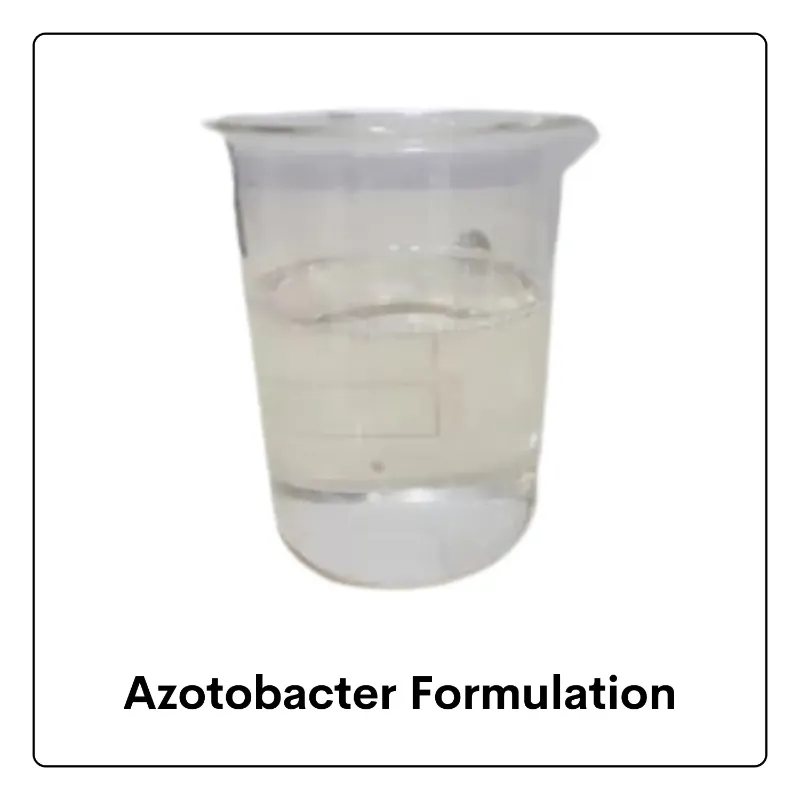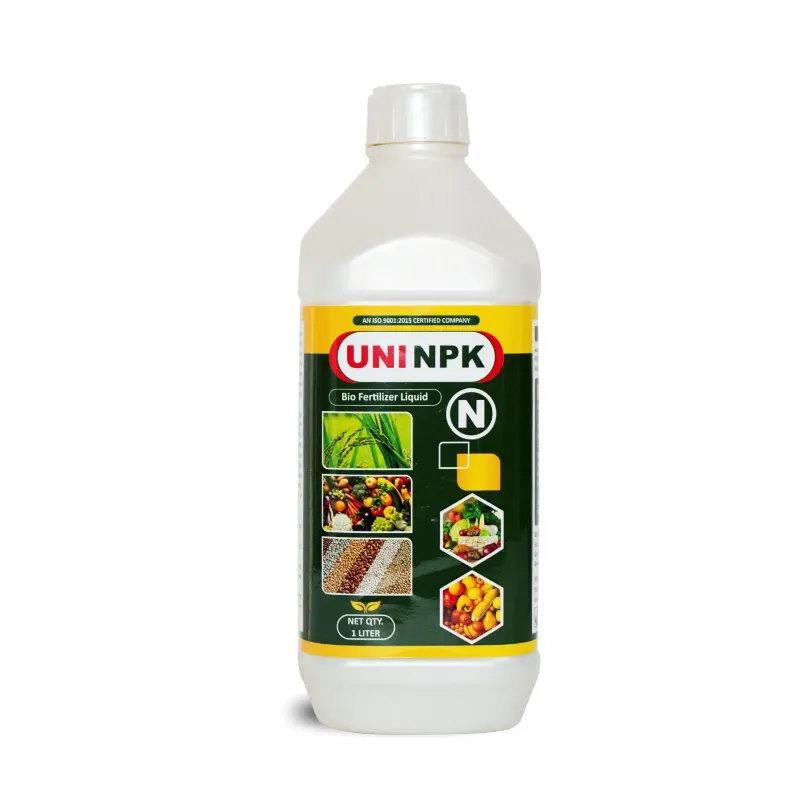Conventional fertilizers have long been relied upon to enhance crop productivity, but their widespread use raises concerns about environmental sustainability and long-term soil health. Fortunately, there are alternative approaches to fertilization that prioritize ecological balance, soil health, and sustainable crop production. In this blog post, we’ll explore some of the sustainable alternatives to conventional fertilizers that are gaining traction in modern agriculture.
Organic Fertilizers:
Organic fertilizers, derived from natural sources such as compost, animal manure, and plant residues, offer a sustainable alternative to synthetic fertilizers. These organic materials provide a slow-release source of nutrients, improving soil structure, enhancing water retention, and promoting beneficial soil microorganisms. Organic fertilizers not only supply essential nutrients to crops but also contribute to long-term soil fertility and carbon sequestration, making them a preferred choice for sustainable agriculture
Cover Crops:
Cover crops are an effective strategy for improving soil fertility and reducing the need for external fertilizers. Leguminous cover crops, such as clover and vetch, can fix atmospheric nitrogen through symbiotic relationships with nitrogen-fixing bacteria, enriching the soil with this essential nutrient. Additionally, cover crops help suppress weeds, reduce soil erosion, and improve soil organic matter content, enhancing overall soil health and fertility without the use of synthetic fertilizers.
Crop Rotation:
Crop rotation is a traditional agricultural practice that involves alternating different crops in a field over successive growing seasons. This practice helps break pest and disease cycles, improve soil structure, and replenish soil nutrients naturally. Certain crops, known as green manure crops, can be grown specifically to enrich the soil with nutrients when incorporated into the soil after their growth cycle. Crop rotation enhances soil fertility, reduces fertilizer dependency, and promotes sustainable crop production.
Biological Amendments:
Biological amendments, such as microbial inoculants and biofertilizers, harness the power of beneficial microorganisms to improve soil fertility and plant nutrition. These amendments contain beneficial bacteria, fungi, or algae that enhance nutrient availability, promote root growth, and suppress soil-borne pathogens. Biofertilizers, such as rhizobium inoculants for legumes or mycorrhizal fungi, facilitate nutrient uptake by forming symbiotic relationships with plant roots, reducing the need for synthetic fertilizers and enhancing soil biodiversity.
Precision Nutrient Management:
Precision nutrient management techniques utilize advanced technologies, such as soil sensors, remote sensing, and variable rate application, to optimize fertilizer use efficiency and minimize environmental impact. By accurately assessing soil nutrient levels, crop needs, and spatial variability within fields, farmers can tailor fertilizer applications to match crop requirements precisely. Precision nutrient management reduces fertilizer waste, minimizes nutrient runoff, and promotes sustainable agricultural practices.
Conclusion:
As concerns about environmental sustainability and soil health continue to grow, the adoption of sustainable alternatives to conventional fertilizers becomes increasingly important in modern agriculture. By embracing organic fertilizers, cover crops, crop rotation, biological amendments, and precision nutrient management techniques, farmers can reduce their reliance on synthetic fertilizers, promote soil health, and cultivate resilient and sustainable agricultural systems for the future.
